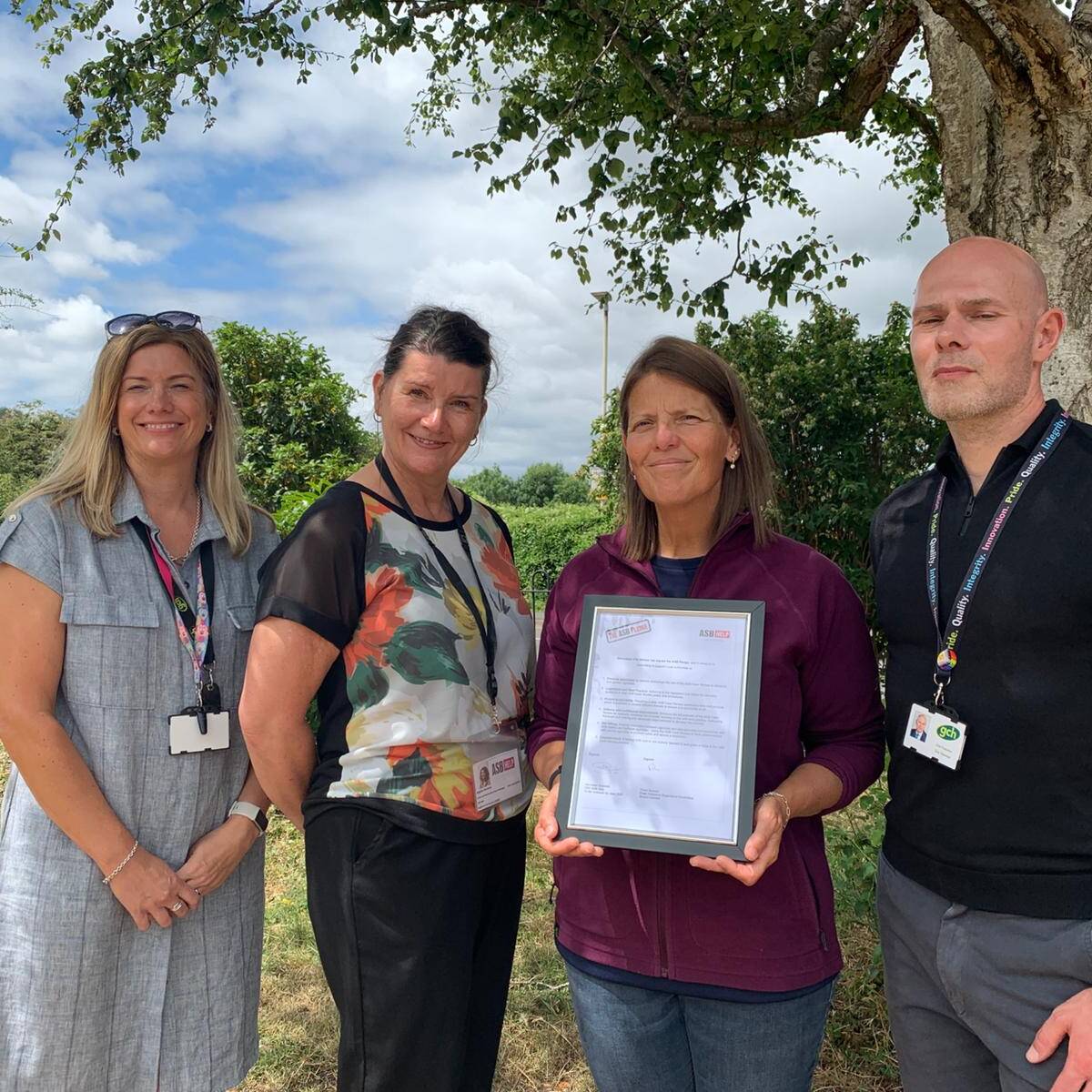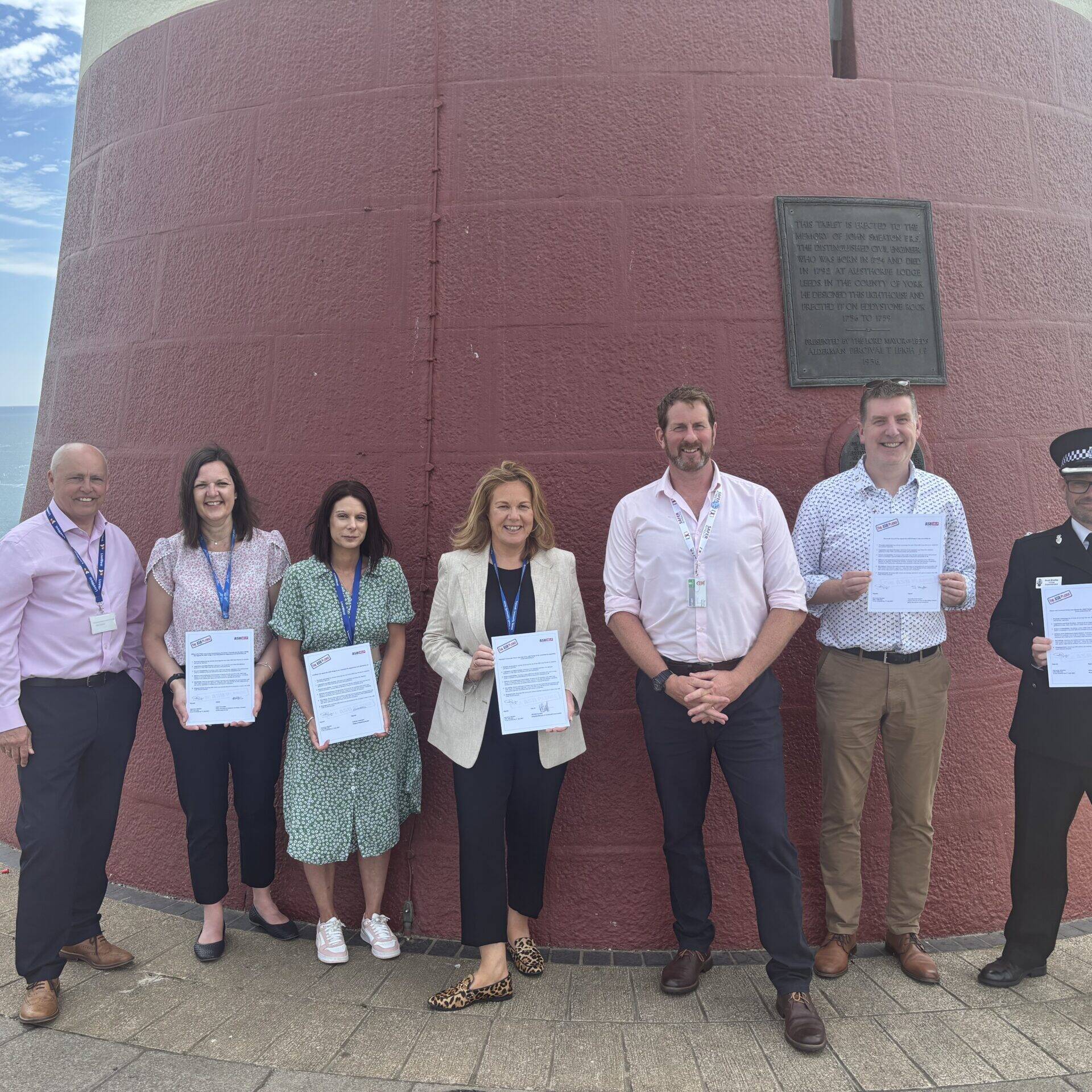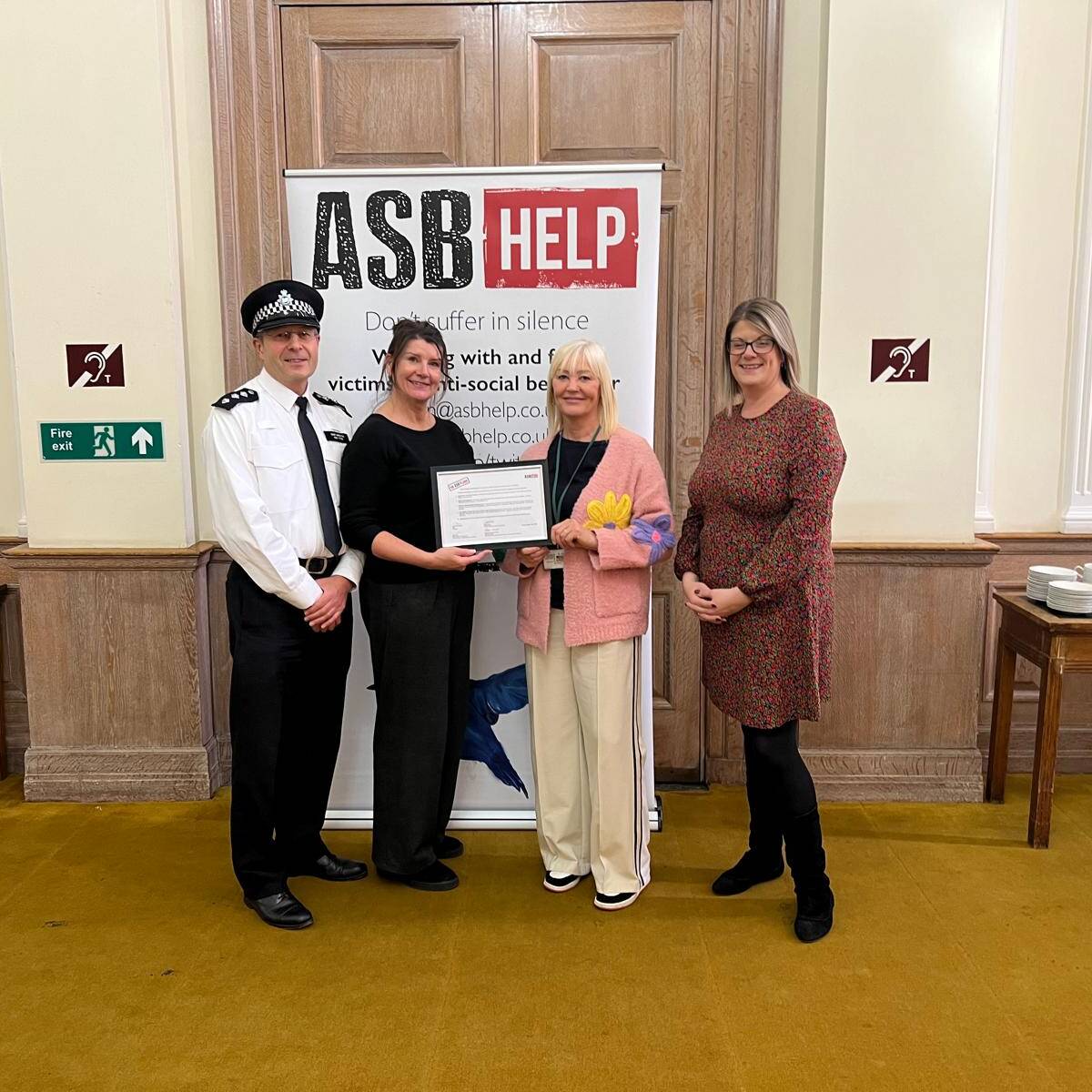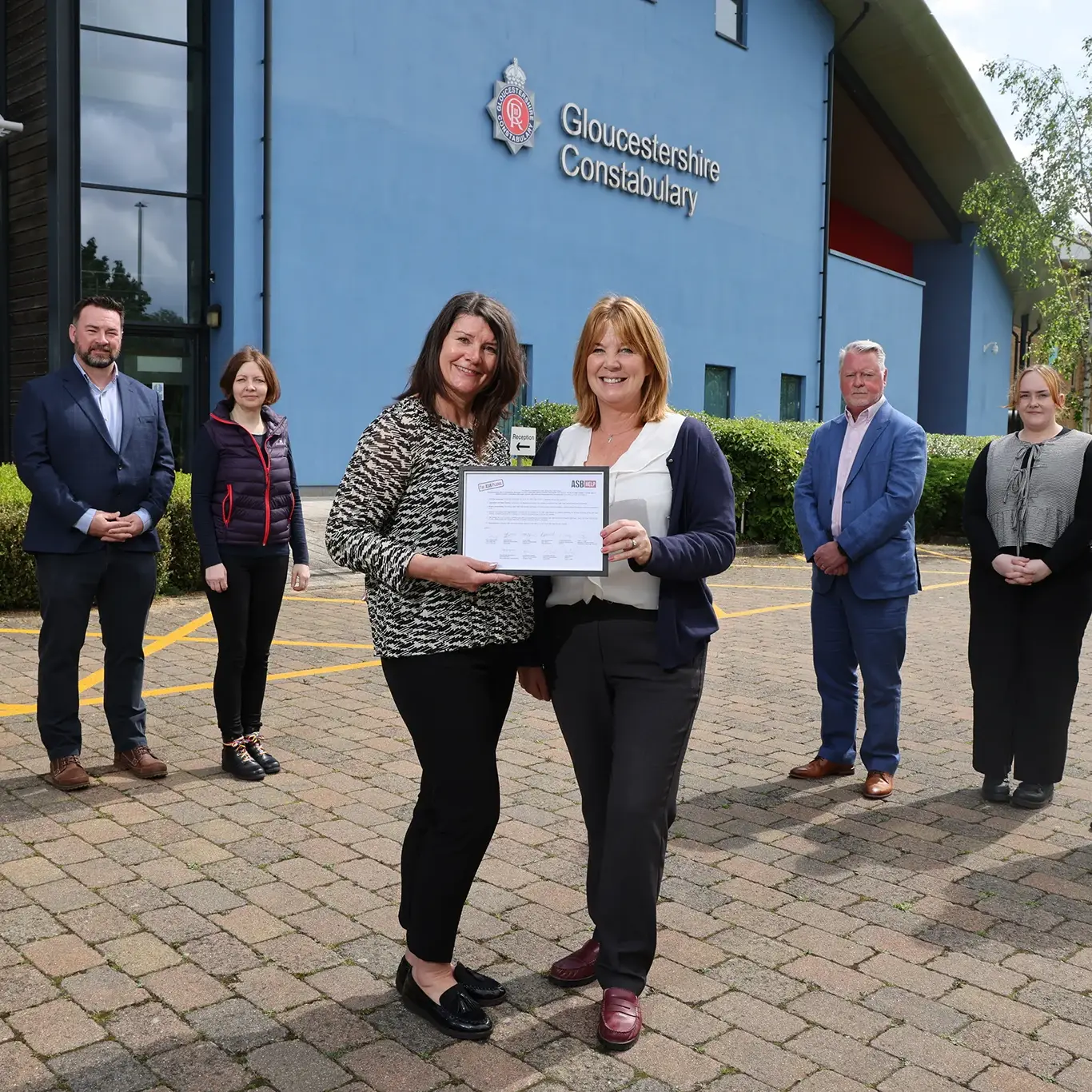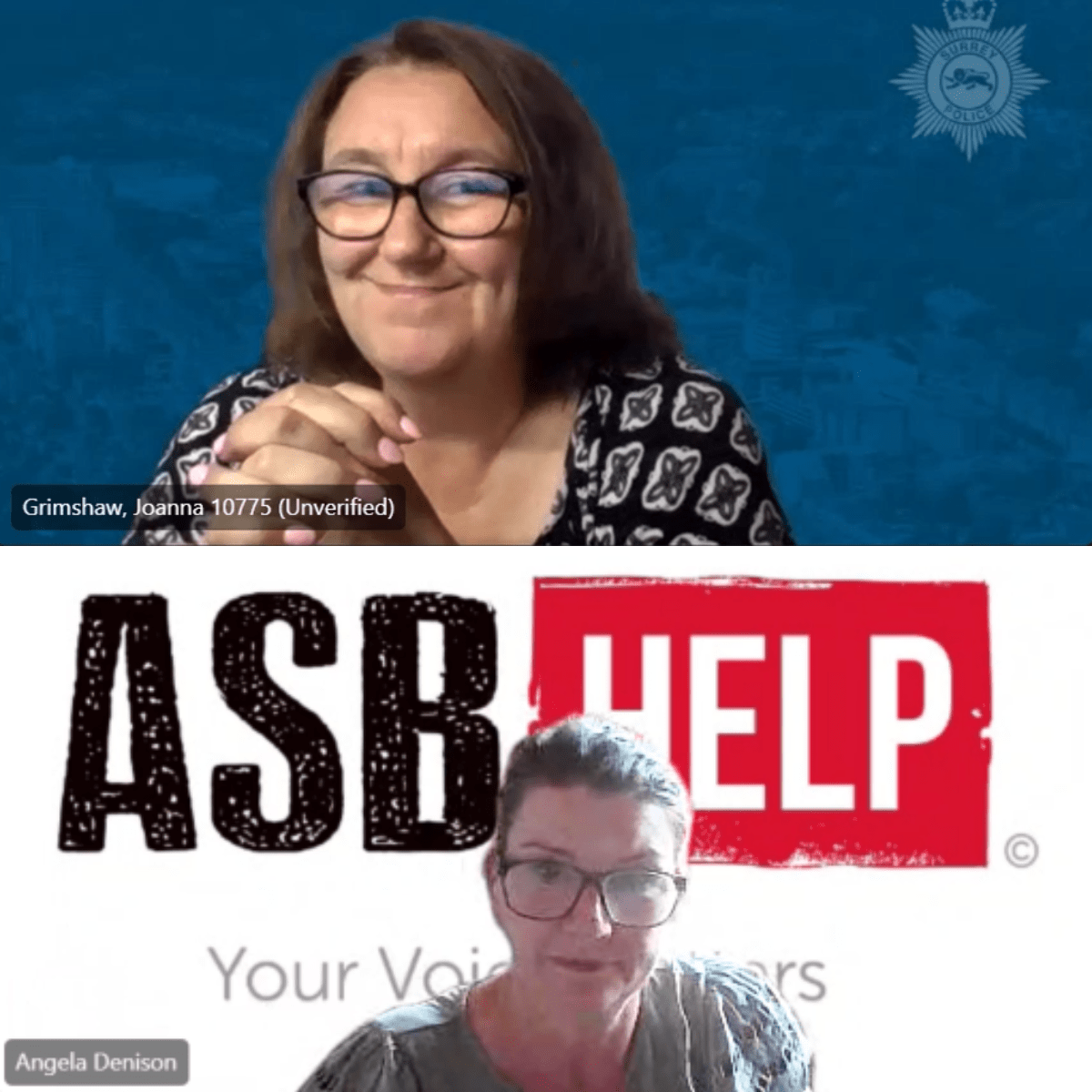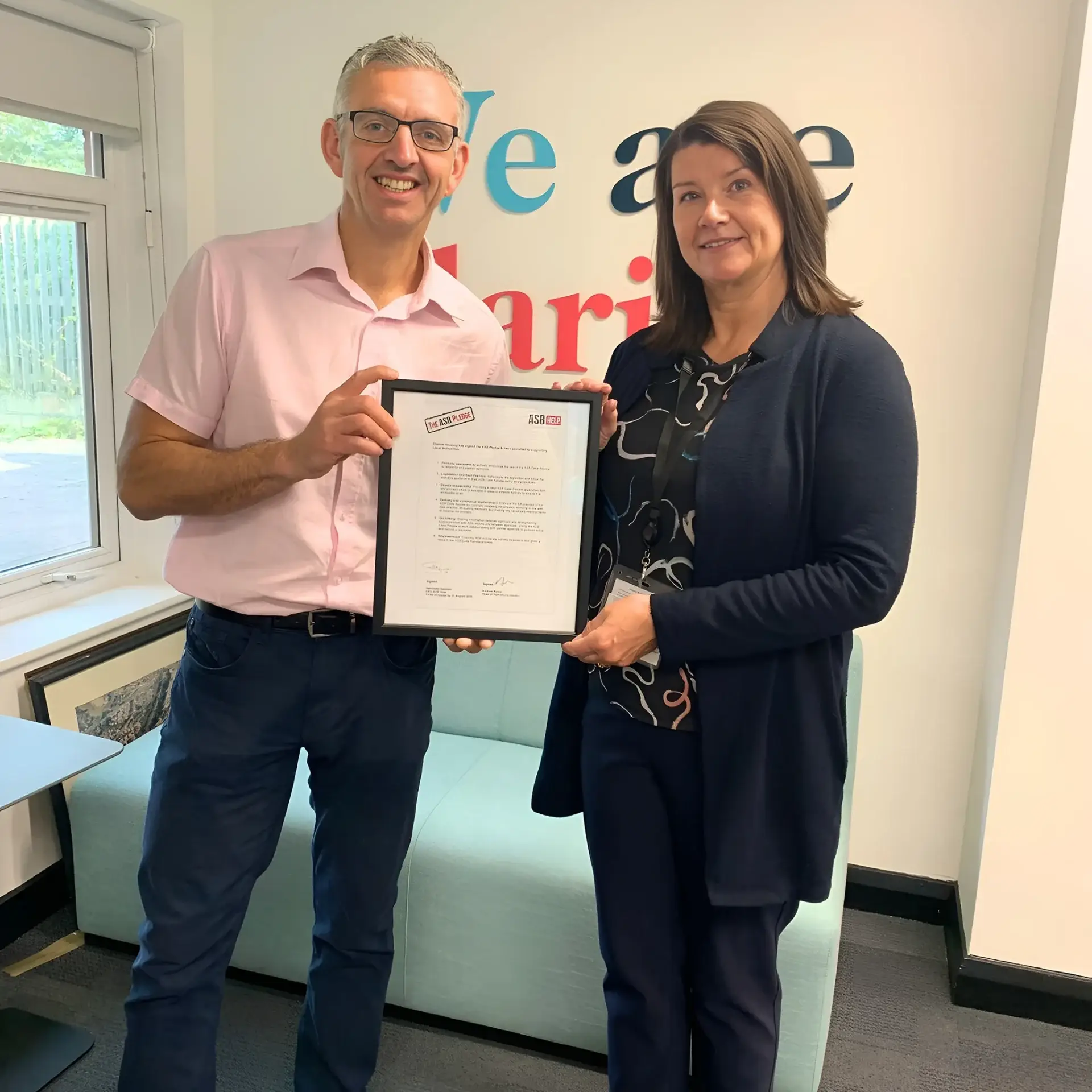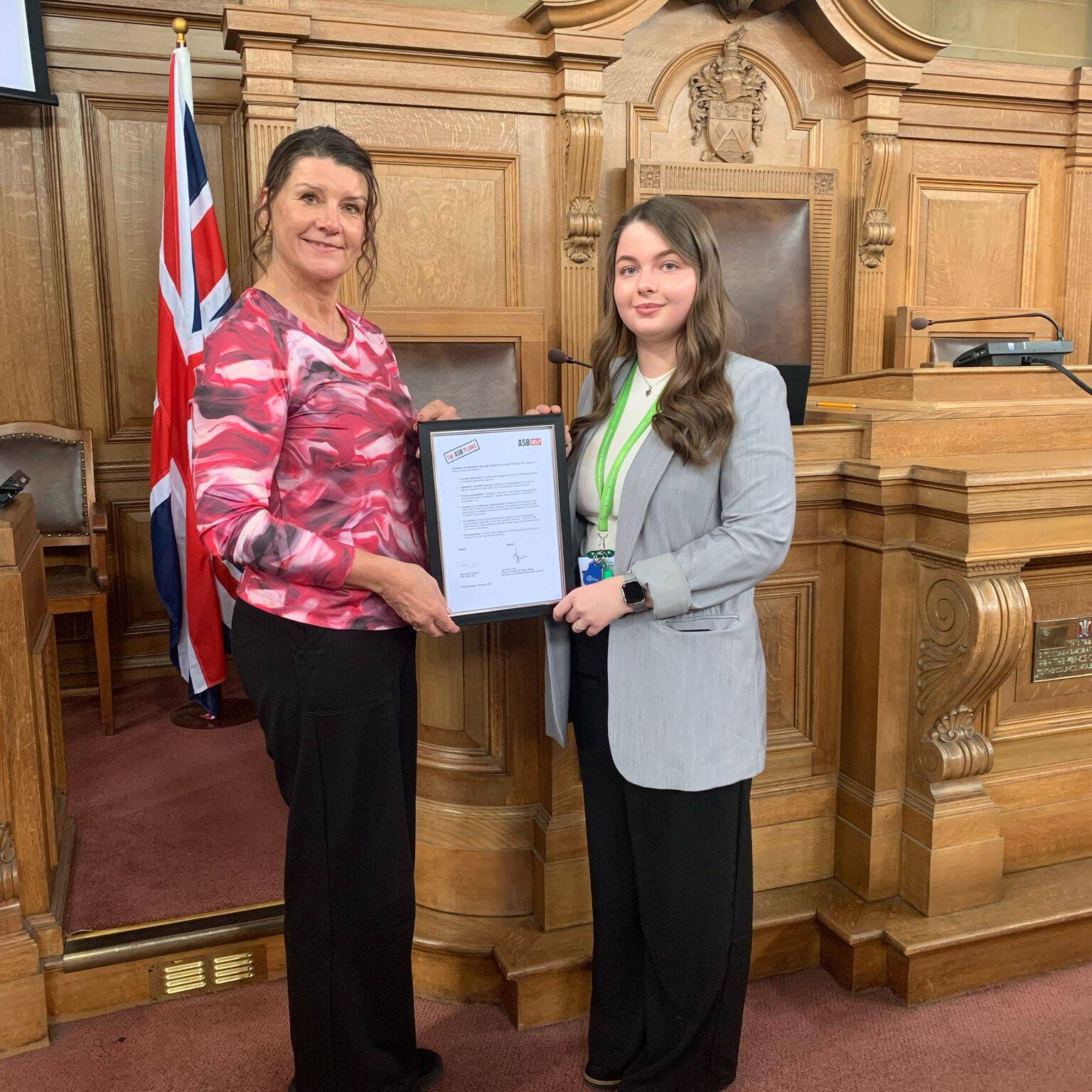The postcode lottery of ASB Case Reviews
The ASB Case Review (also known as the Community Trigger) was designed to give victims a voice when repeated reports of anti-social behaviour go unheard. However, the way this process is applied can vary significantly across different areas. For example, local agencies adding various additional caveats to the threshold where a review might be considered and in some areas a lack of an appeals process.
This uneven approach creates a postcode lottery, where access to protection and justice depends more on where a victim lives than on the seriousness of the harm they face.
What is The ASB Help PLEDGE?
In response to this inconsistency, we at ASB Help launched The PLEDGE, which seeks to encourage all agencies involved in the ASB Case Review process to embed best practice into their policy and procedures. This helps us in our mission to ensure that the ASB Case Review is not a postcode lottery and that any victim of persistent ASB (when the threshold is met), regardless of where they live, are truly given a voice and partners work together, and problem solve to secure a satisfactory resolution.
How does The ASB Help PLEDGE work?
We commit to providing help and support at each stage of the process, which involves the following steps:
1. Questionnaire
You will be given a questionnaire/checklist regarding your ASB Case Review procedure to complete and return.
2. Review Questionnaire
We will review the returned checklist, current policies and processes and current local information.
3. Meeting
We will meet with you to discuss our findings and recommendations to ensure your material meets best practice guidelines and is accessible to all victims.
4. Templates
We can provide best practice policy and procedure template documents.
5. Attend Review
We will attend one of your ASB Case Review panel hearings and provide feedback and recommendations.
6. Certificate
When all is complete and your procedures meet best practice, we will present you with a PLEDGE certificate and can attend a certificate presentation ceremony.
What are the benefits of signing up to The ASB Help PLEDGE?
- Show your commitment to victims – demonstrate that your organisation takes anti-social behaviour (ASB) seriously and puts victims at the heart of your response.
- Increase trust and confidence – victims and communities are reassured when they see your organisation has signed the PLEDGE.
- Positive recognition – demonstrate leadership in tackling ASB and be publicly recognised as an organisation that values victim support.
And a 15% discount on a session of ASB Case Review training for 20 people!
The PLEDGE means:
P
Promote awareness
People need to be aware of its existence. Resolve recently commissioned a YouGov Survey which found that 80% of respondents had never heard of the ASB Case Review.
L
Legislation & best practice
It is vital that organisations comply with the legislation and the ASB statutory guidance.
E
Easily accessible
There should be multiple ways of making an ASB Case Review application. For example, in writing, online, over the telephone, completion of a form, via a postal address, email address.
D
Development & continuous improvement
There is always key learning to come out of an ASB Case Review and it is important to listen to this and act upon constructive feedback. It is also vital to keep up to date with national developments and reflect this in your ASB Case Review process.
G
Get talking
Talking with the victim is absolutely vital and they should be kept informed throughout the whole of the ASB Case Review process. It is equally important to work in partnership with all the relevant agencies and develop a multi-agency problem solving action plan to address the ongoing ASB.
E
Empowerment
The ASB Case Review was introduced into legislation to give victims a voice and for them to be actively listened to. This is integral to the ASB Case Review process and in line with.
FAQs
You can access ASB Help’s best practice guidance from the ASB Help Practitioners Hub. ASB Help can also provide bespoke case advice.
No. ASB Help is a charity committed to helping victims of anti-social behaviour and provides The ASB Help PLEDGE for free.
A nominal fee to cover expenses would be requested, and we are grateful for any donation that could be given to help us to continue our PLEDGE work (but a donation is optional). Please contact ASB Help directly to obtain further information about this.
Signing up to The ASB Help PLEDGE shows the community you are committed to identifying and supporting victims of anti-social behaviour. It demonstrates your willingness to work collaboratively to bring an end to anti-social behaviour as well as steadfast determination to deter such behaviour in the future. By utilising ASB Help’s best practice guidance, you are signalling to stakeholder’s you have embraced the spirit of the ASB Case Review and you are meeting your obligations to the community.
Yes, you can publish The ASB Help PLEDGE in your marketing material. You will also have access to an exclusive ASB Help PLEDGE graphic to use on social media. ASB Help will also publicise that your organisation has joined The PLEDGE but we reserve the right to remove any publicity if we identify concerns that an organisation is not adhering to the commitments in The PLEDGE.
Yes, if you sign up to the PLEDGE, your PLEDGE will be active for two years.
At the point of expiry, you can get in touch to review your ASB Case Review procedure and renew your PLEDGE.
We do this so that we can ensure agencies are keeping up to date with best practices and continue to keep victims at the heart of their process.
Interested? Get in touch!
If you are interested in signing up to our PLEDGE or want to know more, fill in our enquiry form below.
